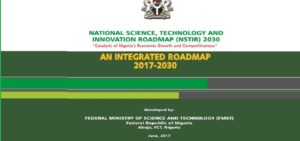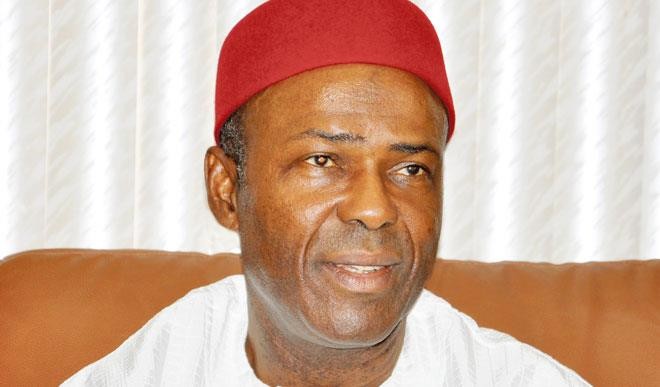By Olusegun Oruame
As at April 2013, when IT Edge News first published an editorial on the worrying, meager investment in science, technology and innovation (STI), Nigeria’s total expenditure on security was nearly a trillion naira. Security budget has progressively gone up since then in reflection of the country’s security needs; conversely, funding of STI has dipped when inflation is put into cognizance.
The budget for Research and Development (R&D) in STI activities has remained less than 5% of that of security underscoring the country’s sense of siege and signifying the great anomalies in the nation’s aspiration for real growth.

Government must commit to STI
Nigeria’s sorry state of STI affirms the shallow sense of achievement in the oft over-hyped so-called mobile telephony revolution. Lacking in any significant input from local STI, the ICT sector is fostered almost entirely on 100% importation of offshore human skills and material solutions.
The country was ranked 127th out of 139 countries assessed in the 2011 Global Competitiveness Report and has no university in the world’s top 500. These figures are relatively insignificant when compared with the R&D expenditure profiles of other more serious newly advanced economies particularly China, South Korea and even India. Consequently, the national R&D capabilities have been undermined by under-funding.
The country’s R&D allocation is US$ 0.582 Billion (PPP) in 2007 which is approximately 0.0004% of the World’s expenditure on R&D as at 2011. This figure represents 0.2% of R&D expenditure as percentage of the national GDP (AIO, 2010).” Though the country has the largest population on the continent with its 160 million people, it earns virtually nothing from the knowledge industry; its economy is mono-product with ‘petroleum accounting for approximately 97% of the country’s foreign exchange and 76% of the total government revenue (CBN, 2010).
For Nigeria to achieve macroeconomic development and assume its rightful position among the committee of emerging economies, it needs to reorder its priorities by committing more funds to R&D activities to meet UNESCO standards of having at least 1% of GDP committed to R&D in STI. R&D in STI is a crucial factor that can transform the economy. Therefore, government needs to make ‘serious commitment to capacity building and funding of R&D. Research institutions deserve large and sustainable budgets to make any meaningful impact on the economy.
The newly approved National Research and Innovation Fund (NRIF), a product of the new national STI policy is a welcome development but the modus operandi of the fund has not been clearly spelt out. It is therefore necessary for government to ensure that surcharges from various sources (e.g Raw materials research and development council, Industrial Training Fund etc) towards this fund are monitored. This fund should be provided for the research institutes and any personnel that carry out R&D activities and survey that would contribute to the national development. Enabling environment and fund should also be provided for the scholars and researchers to enable them to improve the number of scientific publication of Nigeria in order to close the gap of the world economies.
South Korea offers a classic example of how a country can transform its fate through STI. Within a generation, South Korea transformed from being one of the world’s poorest, agrarian countries to become one of its most promising industrial powers. Between the 60s and 90s, in only 30 years, the country has carved out a niche for itself in such technology areas as semi-conductors, LCD, telecommunication equipment, automobiles, and ship-building among others.
- This piece is enriched by insights from ‘Global best practices for R&D funding: Lessons for Nigeria’ by Akinwale Y., Ogundari I., Olaopa O., Siyanbola W.




























